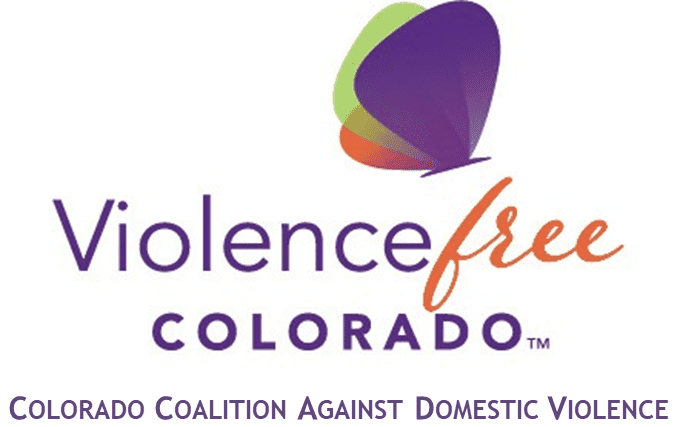Written 2016, Updated Jan. 2021
For more than a decade, January has been recognized as National Stalking Awareness Month. Let’s start with some facts:
- 76% of domestic violence homicide victims were first stalked by their partner
- 1 in 8 employed stalking victims lose time from work as a result of their victimization and more than half lose 5 days of work or more
- 1 in 7 stalking victims has been forced to move because of their victimization
It’s clear that stalking is a serious and dangerous crime that impacts victims in myriad ways; yet all too often, the term ‘stalking’ is thrown around in an offhand way (think: “I’m a total Facebook stalker”). In order to understand how this casual use of the term ‘stalking’ can be harmful, it helps to understand first what stalking is. Stalking is a course of conduct directed at a specific person that would cause a reasonable person to feel fear. Approaching a victim or showing up in places when the victim didn’t want them to be there; making unwanted telephone calls; leaving the victim unwanted messages (text or voice); and watching or following the victim from a distance, or spying on the victim with a listening device, camera, or global positioning system were the most commonly reported stalker tactics. This goes well beyond checking out someone’s Facebook posts and pictures…these are behaviors that make someone feel fearful. 46% of stalking victims fear not knowing what will happen next; 29% of stalking victims fear the stalking will never stop; 1 in 7 stalking victims move as a result of their victimization.
When we misuse the term ‘stalking’, we, and those around us, are less likely to understand, appreciate, and address the seriousness of the situation when someone is actually being stalked (when they are the victim of conduct directed specifically at them that causes them fear).
Therefore, this January, we challenge you to listen up and politely call people out when they misuse the word. You’ll likely be surprised how often you hear it. Try, “Maybe there’s a better word?” Or, think of your own response. This is a simple (though we know it’s challenging!) way to create and spread awareness, understanding, and social change.
If someone discloses to you that they are being stalked – listen and take it seriously! Don’t dismiss them as being “dramatic.” Ask what support they need. If they’re being stalked by a current or former partner, the National Domestic Violence Hotline may be a good resource. Visit their site or call them 24/7 at 800-799-7233.

